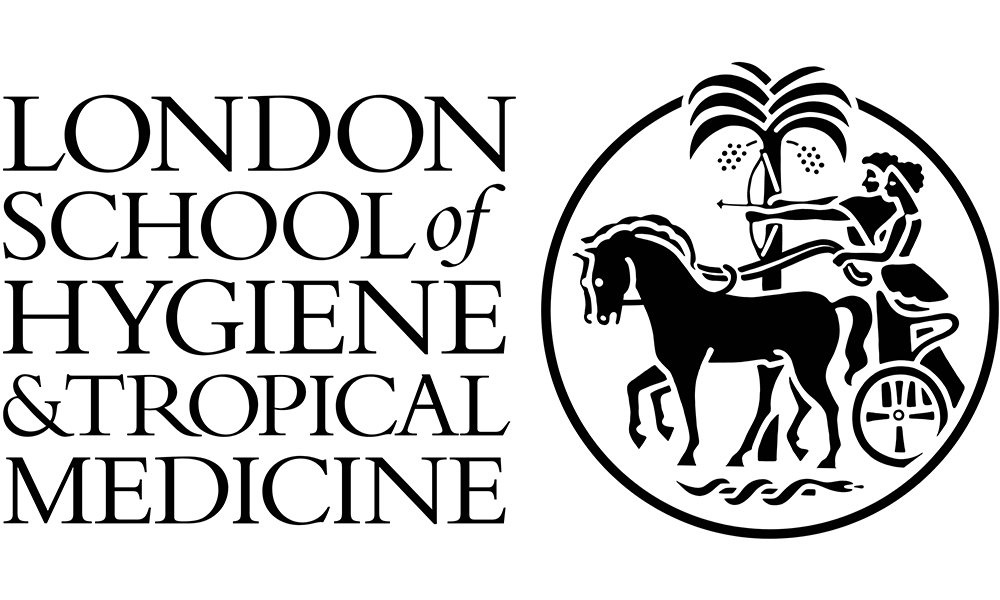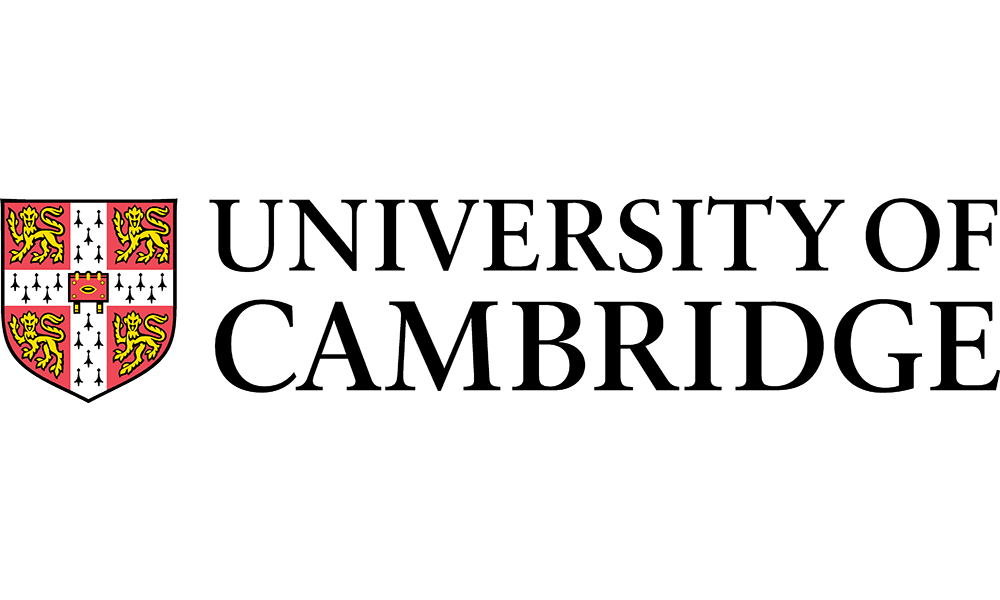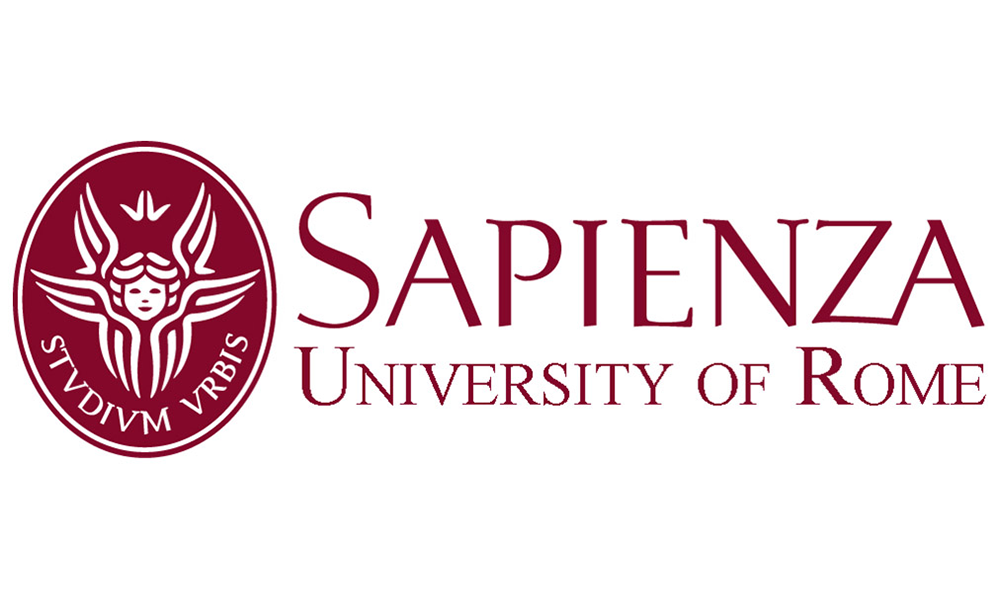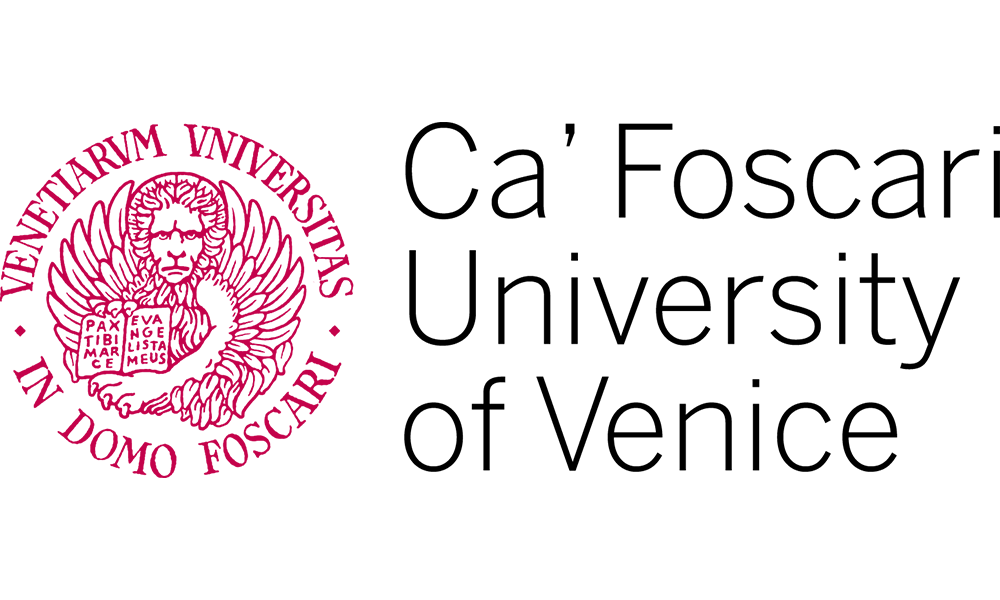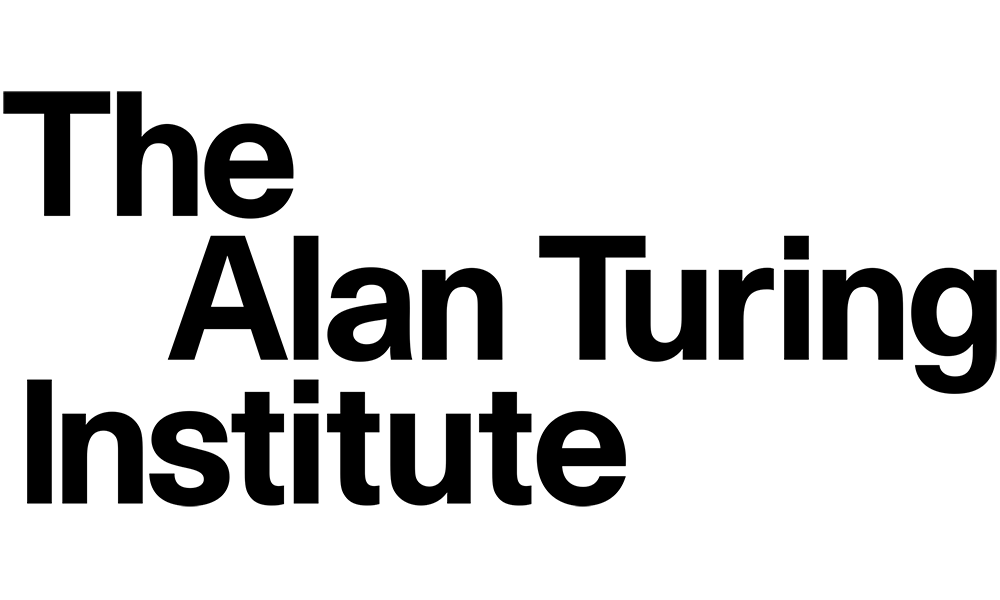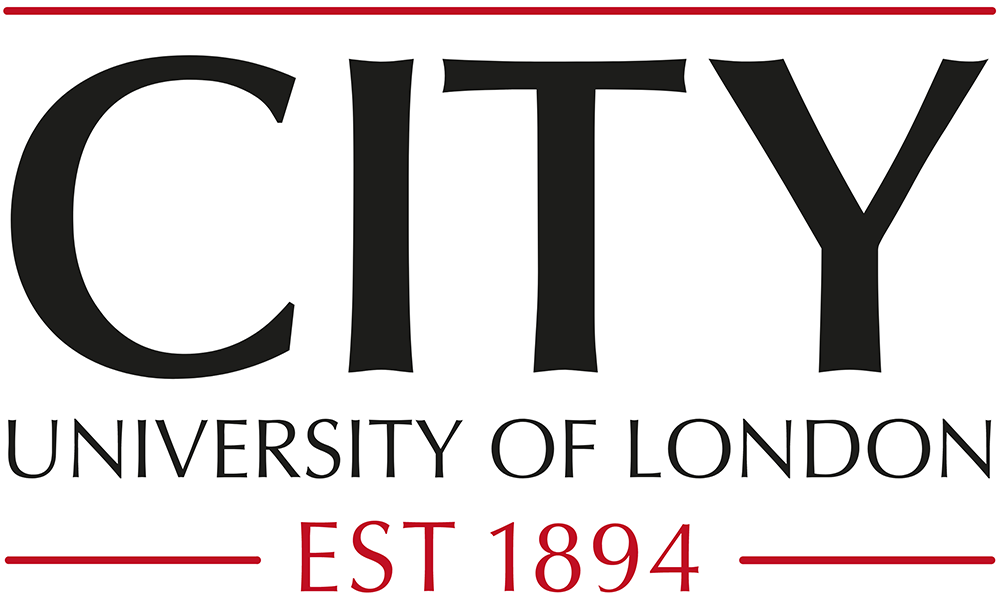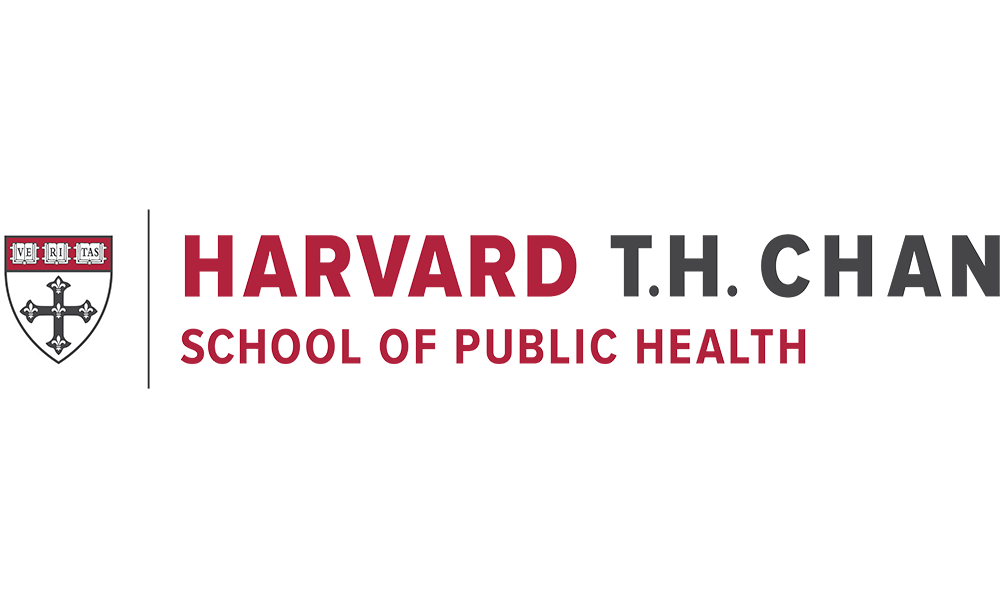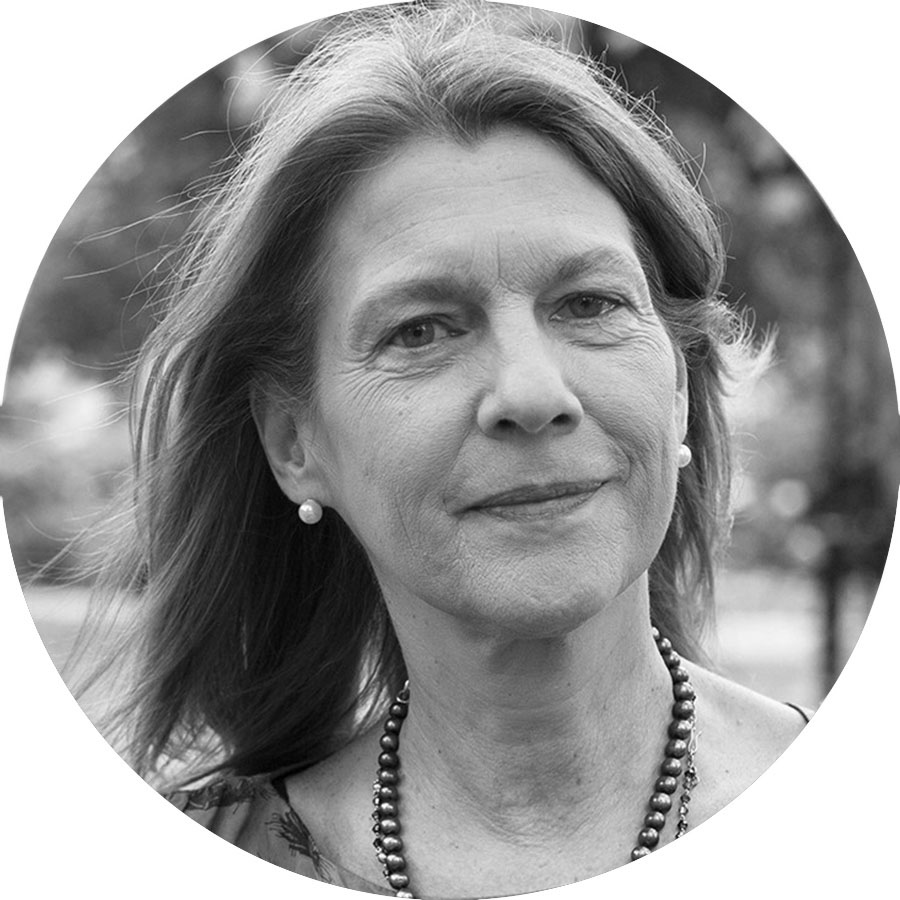
Professor of Anthropology, Risk and Decision Science, founding director of Vaccine Confidence Project, London School of Hygiene & Tropical Medicine

Dr Simon Piatek
Digital Lead at VCP, London School of Hygiene & Tropical Medicine
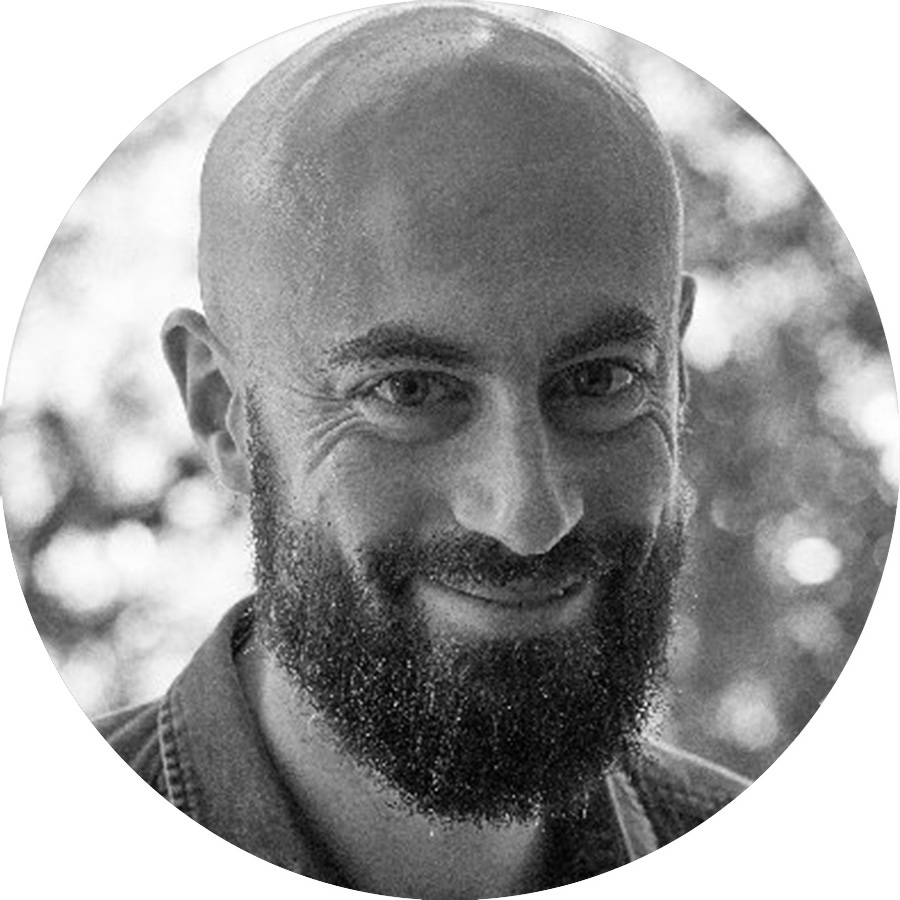
Research Fellow, London School of Hygiene & Tropical Medicine

Associate Professor / Trust in Climate Science Lead (VCP), London School of Hygiene & Tropical Medicine
Dr. Pauline Paterson is an Assistant Professor in the Department of Infectious Disease Epidemiology at the London School of Hygiene & Tropical Medicine (LSHTM), UK and is Trust in Climate Science Lead (The Vaccine Confidence Project™). Dr. Paterson has been researching issues of public confidence in immunisations since 2010, and public perceptions relating to climate change since 2020. Dr. Paterson is a member of the National Institute for Health Research (NIHR) Health Protection Research Unit in Vaccines and Immunisation and has an honorary academic contract with UK Health Security Agency. Dr. Paterson has a PhD in Epidemiology, MBA and MSc from Imperial College London. Dr. Paterson’s MBA project consisted of two systematic reviews and a case study in Thailand, in collaboration with WHO, exploring health system preparedness to changes in malaria and dengue fever epidemiology as a result of climate change.
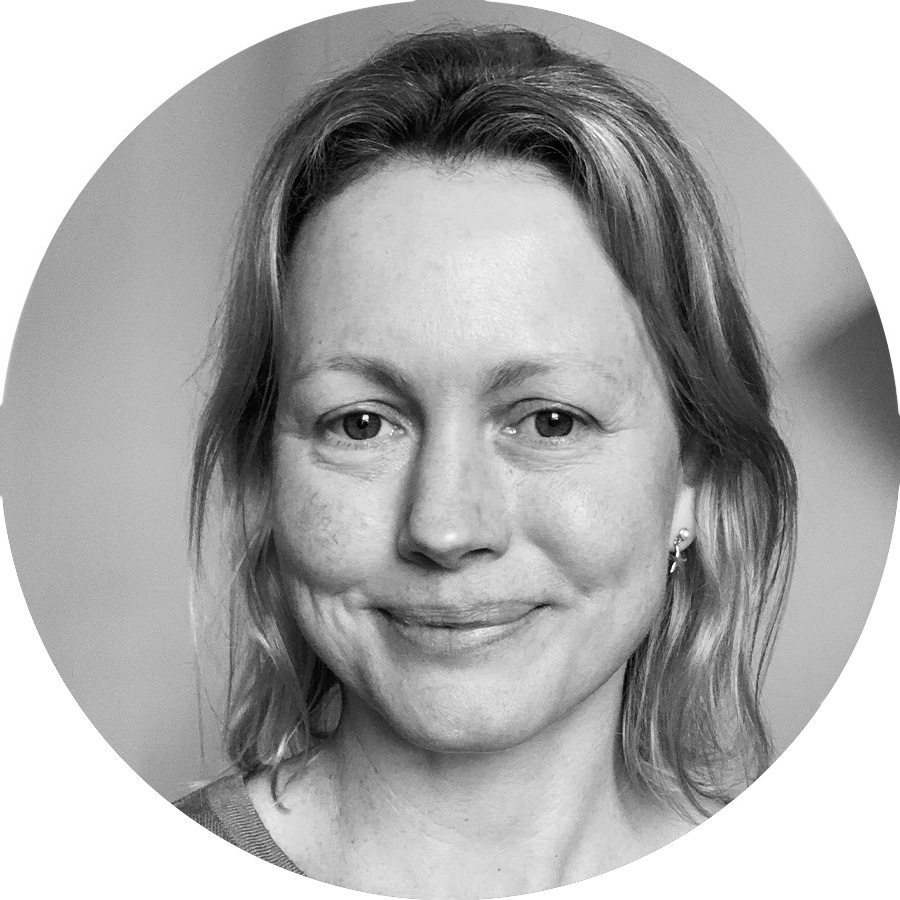
Research Fellow / Project Manager, London School of Hygiene & Tropical Medicine
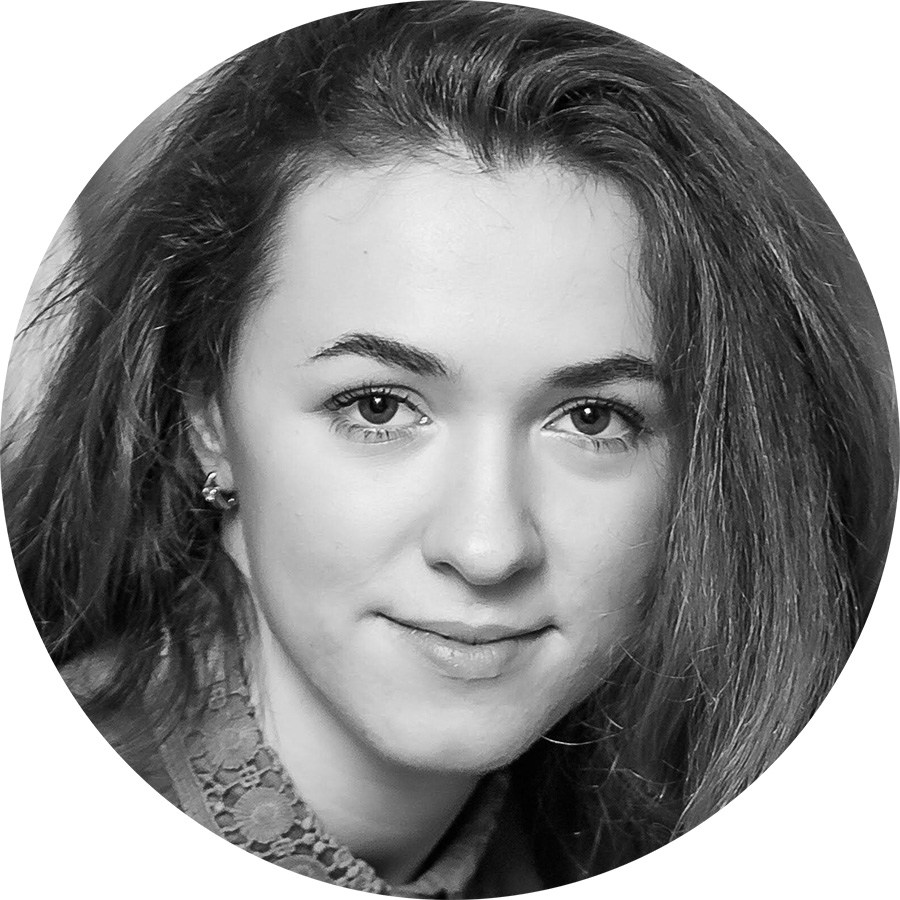
Research Fellow, London School of Hygiene & Tropical Medicine
Iryna is a Research Fellow at The Vaccine Confidence Project™ (VCP) with experience in social network analysis, research on social media manipulation, digital analytics, countering disinformation, and media development. At VCP, she works on novel and experimental approaches to track the spread of vaccine misinformation. Previously, Iryna contributed to the international development sector and worked on the United Nations humanitarian and development projects in Eastern Ukraine. She holds a Master’s in International Economic Relations from Karazin Kharkiv National University.

Research Fellow
Martin Wiegand is a Research Fellow at the Vaccine Confidence Project. He is currently working on analysing the impact of online misinformation on Covid-19 vaccine hesitancy.
Before joining the Vaccine Confidence Project worked at the MRC Biostatistics Unit, Cambridge, focusing on the development of predictive models for Covid-19 mortality based on electronic health records data, as well as investigating effect modifiers for steroid treatments in Covid-19 patients.
Martin completed his PhD in Statistics at the University of Manchester and holds a BSc and MSc in Mathematics from the Ruprecht-Karls University, Heidelberg.

Professor of Social Psychology, University of Cambridge
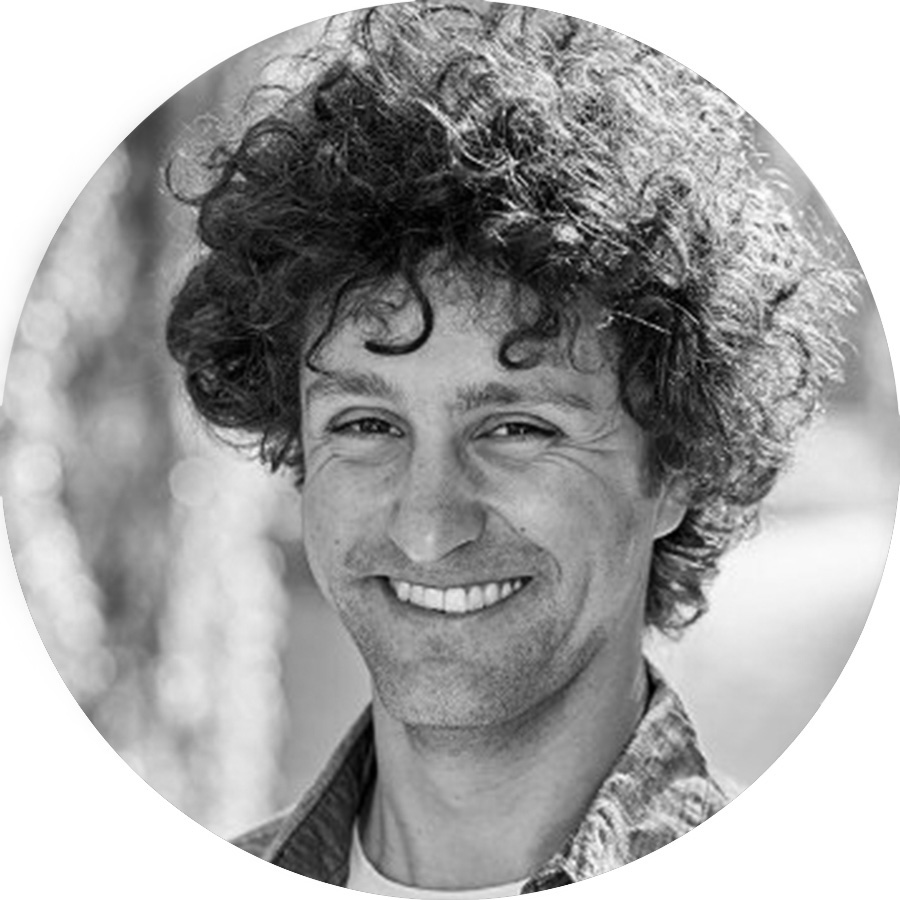
Research Associate, University of Cambridge

Project Coordinator, University of Cambridge
Barbara Czekaj is a project coordinator at the Cambridge Social Decision-Making Lab in the Department of Psychology at the University of Cambridge. Currently, she is working on IRIS Academic Research Group project supporting experts in developing a set of solutions, insights, best-practice and international standards, models and training to build vaccine confidence and address misinformation. Barbara is also interested in global public health, languages, and physical activity.
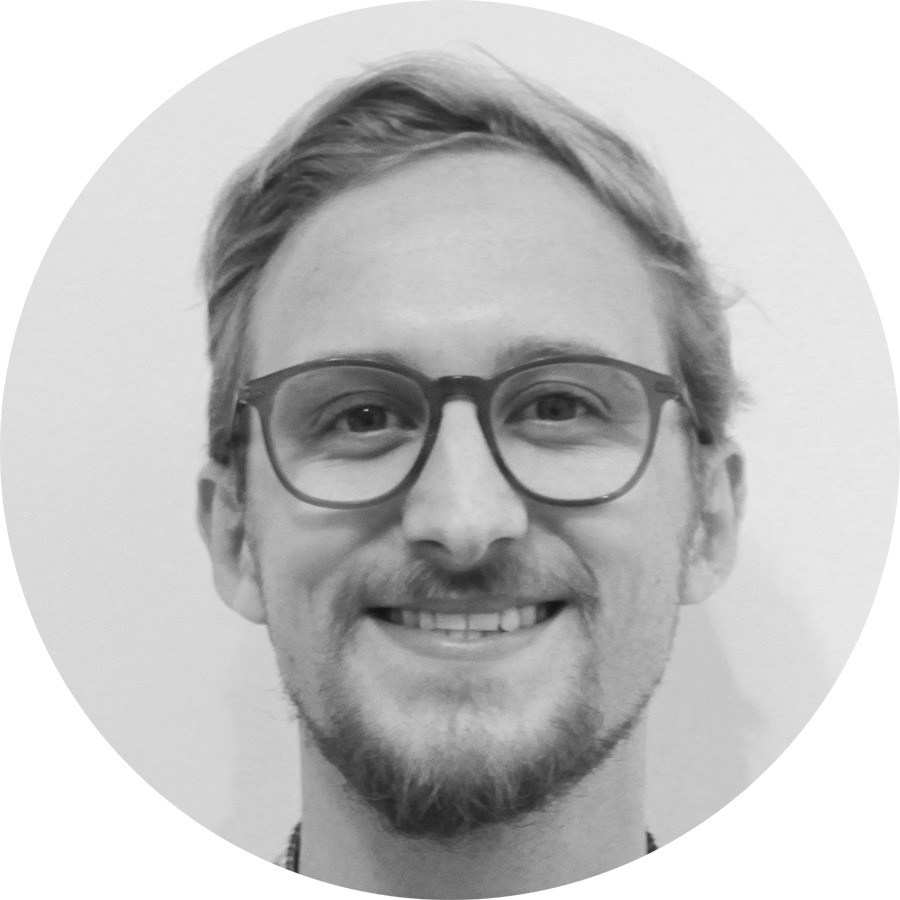
Postdoctoral Research Associate
Mikey Biddlestone is a Postdoctoral Research Associate at the Cambridge Social Decision-Making Lab. His primary research focus includes the social factors associated with conspiracy beliefs, developing misinformation interventions, and investigating psychological reactions to everyday politics. He has published empirical work on conspiracy beliefs in the COVID-19 pandemic, led a number of theoretical reviews detailing the social processes involved in conspiracy beliefs, and helped to develop a misinformation checklist with the Doublethink Lab in Taiwan. His doctoral dissertation (University of Kent, 2021) focused on the predictors and conspiratorial implications of narcissistic ingroup identification.
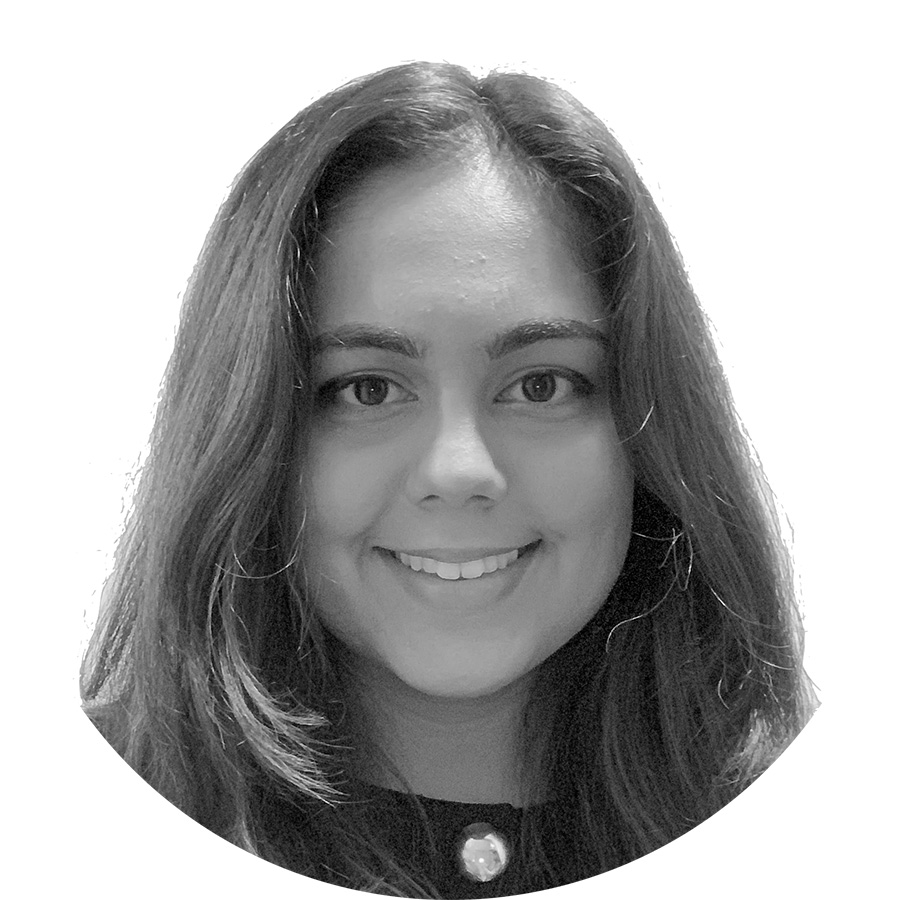
Research Assistant
Trisha is a Research Assistant at the Cambridge Social Decision-Making Lab where she works to understand, measure, and counter misinformation pertaining to vaccine hesitancy. Prior to Cambridge, she completed her MSc in Behavioural and Economic Science and BA (Hons) in Philosophy Politics and Economics at the University of Warwick. Trisha’s MSc dissertation looked at a large volume of tweets around the Irish Abortion referendum, using text analysis to understand the drivers of reposting tweets. As an aspiring doctoral student, she aims to conduct research on timely social and political issues such as misinformation, from a cross-cultural lens to inform public policy and behavioural interventions.
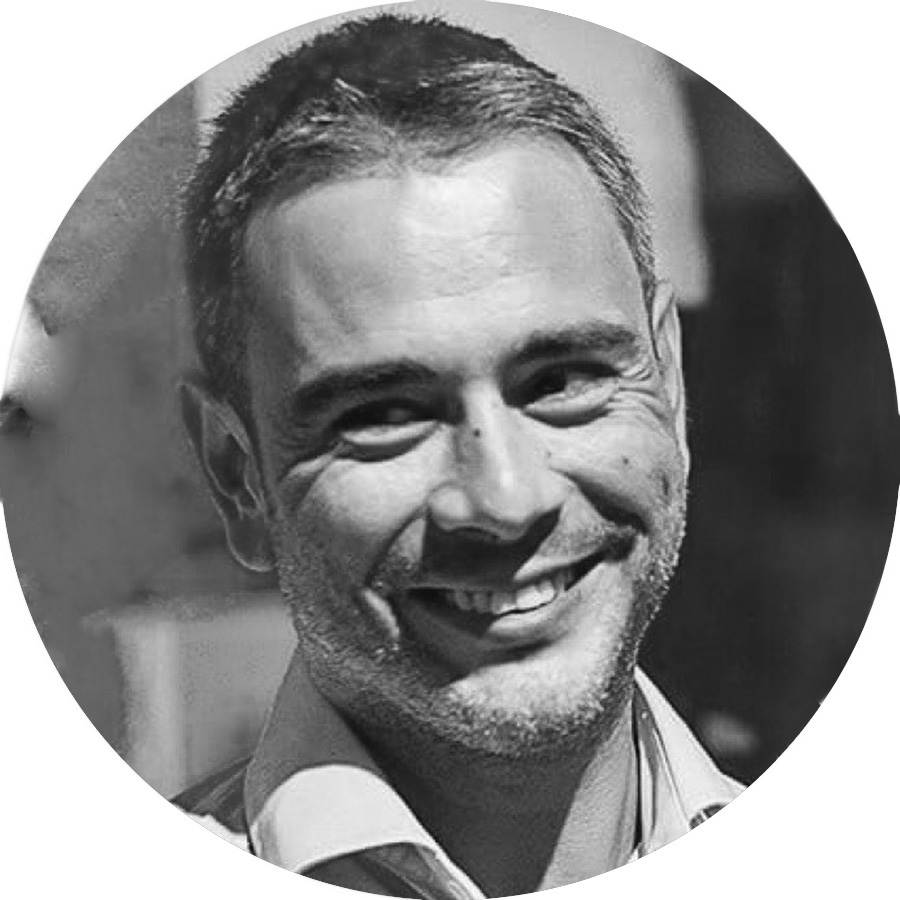
Professor, Sapienza University of Rome / Led for the Center of Data Science and Complexity for Society
Walter Quattrociocchi is a Professor at the Sapienza University of Rome, leading the Center of Data Science and Complexity for Society (CDCS). His activity focuses on the data-driven modelling of social dynamics such as (mis)information spreading and the emergence of collective phenomena. Prof. Quattrociocchi’s research in misinformation spreading has informed the Global Risk Report 2016 and 2017 of the World Economic Forum. He is a regular keynote speaker at major academic and non-academic conferences e.g. CERN, European Commission, the University of Cambridge, Network Science Institute or Global Security Forum
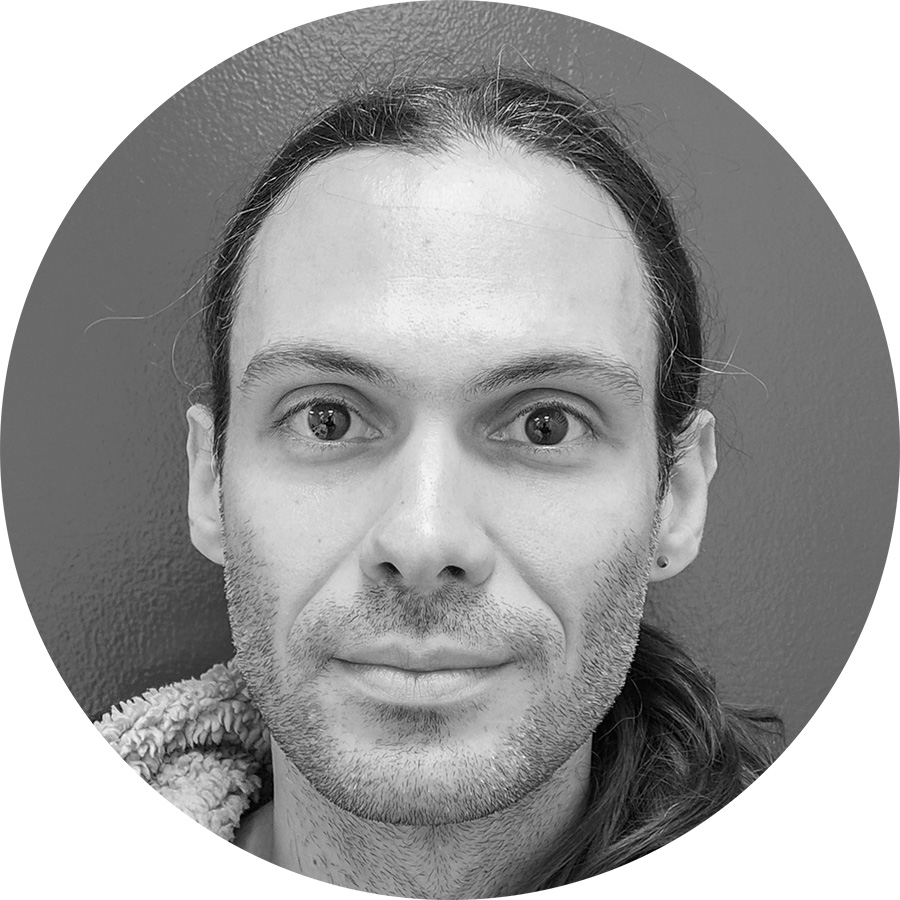
Post-doctoral researcher
Michele is a Post-doc at the Center of Data Science and Complexity for Society (CDCS) at Sapienza University of Rome. He earned a PhD in physics at University College London in the field of quantum information and before joining CDCS he worked as a freelance science communicator.
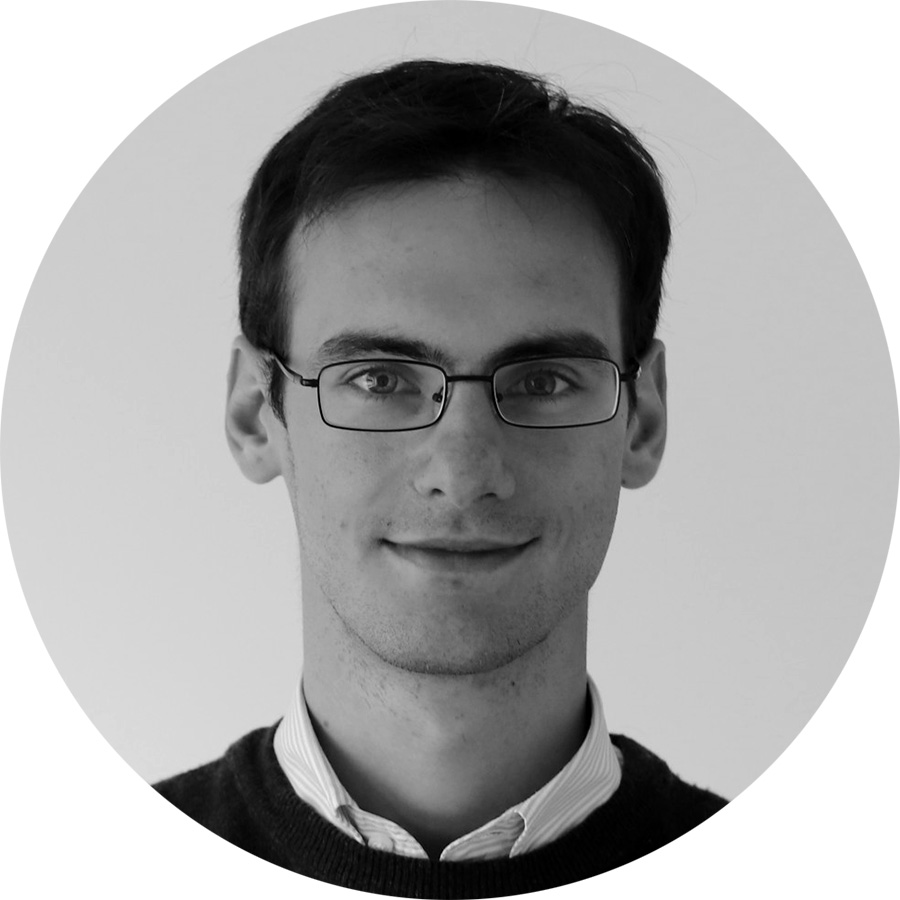
Post-doctoral researcher
Carlo M. Valensise, physicist, is Post-Doc researcher at Enrico Fermi Research Center in Rome. His research interests include Computational Social Science, Data Science and Photonic Computing.

PhD Candidate
Gabriele Etta received his MSc degree in Data Science from the University of Padua, Italy, in 2020. He is currently a Ph.D. student from Sapienza University of Rome, Italy, working on Data Driven Modeling of Social Dynamics. His research interests include complex networks, information diffusion, and computational social science.

PhD Candidate
Niccolò Di Marco is a Math PhD Candidate at the University of Florence. His research focuses on graph and hypergraphs theory and their application to social sciences.
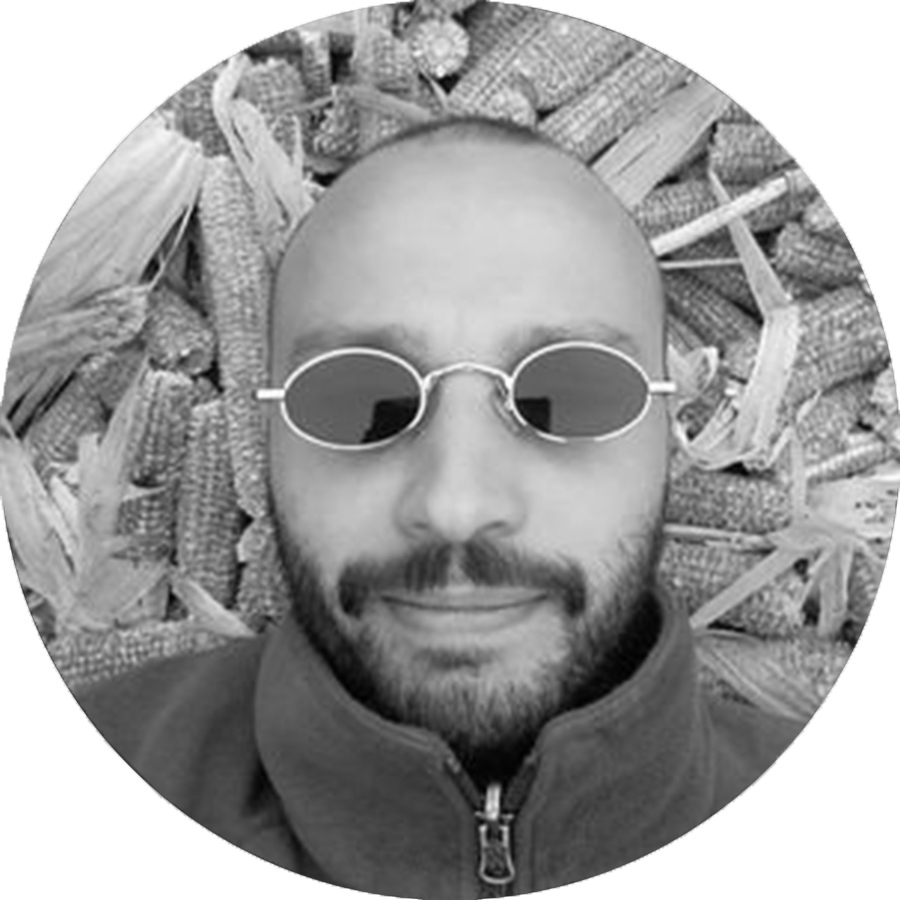
Research Fellow
Matteo Cinelli is a research fellow in Computer Science at the Sapienza University of Rome and a research affiliate at the Institute for Complex Systems (ISC-CNR). Previously, he was post-doctoral researcher at Ca’ Foscari University of Venice. His research interests include network and data science, computational social science, and big data analytics. Matteo Cinelli is an active member of the Complex Systems Society. He has published and regularly serves as a reviewer in top-tier journals.

Assistant Professor, Ca’ Foscari University of Venice

Assistant Professor, Ca’ Foscari University of Venice
Teresa Scantamburlo is Assistant Professor at Ca’ Foscari University, Department of Environmental Science, Informatics and Statistics. Her research focuses on the ethical and social impact of Artificial Intelligence (AI) and Big Data. She has worked as postdoctoral fellow at the European Centre for Living Technology in Venice and at the University of Bristol (UK). Recently, she contributed to the piloting of the European Ethics Guidelines for Trustworthy AI, delivered by the European Commission in 2019, and coordinated the AI4EU working groups on ethical and legal AI.
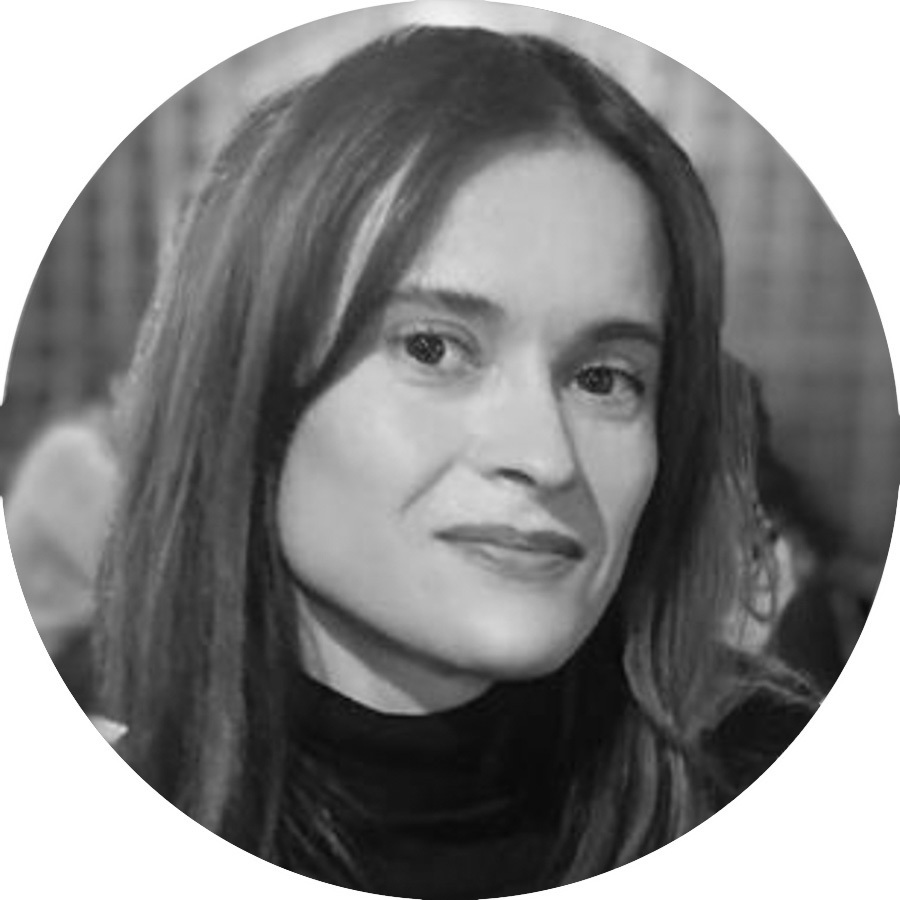
Project Manager, Ca’ Foscari University of Venice
Veronica Chiossi is a project manager and bilingual communication specialist at Ca’ Foscari University of Venice. She is a translator, published author and copywriter with working experience at Fortune 500 companies and academic publishers.
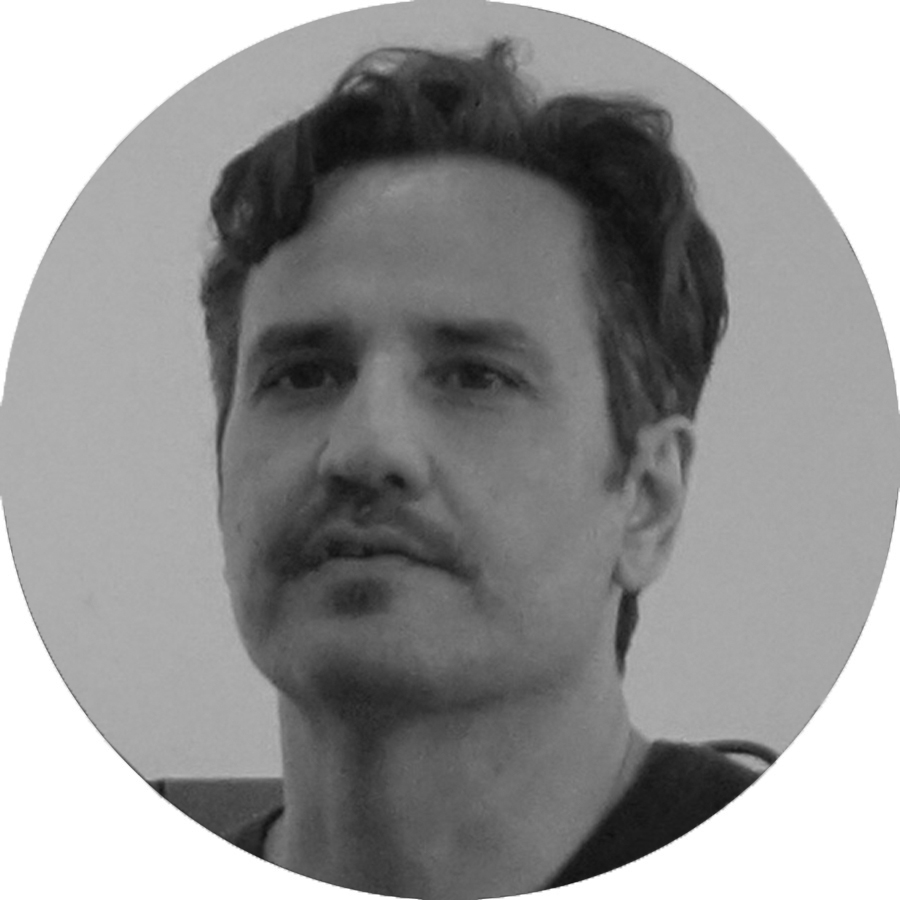
Research Fellow
Marco Delmastro is Research Fellow at Ca’ Foscari University (and Enrico Fermi Research Center, Rome) where he is on sabbatical (from the Italian Communications Authority, where he is Director). He is author of several books and publications and obtained scientific qualifications as a Full Professor in three scientific economic sectors. His recent research focuses on the analysis of economic, psychological, and social factors that affect public debate and on related public policies.

Associate Professor in Mathematics at City University of London and Token Economy theme lead at The Alan Turing Institute.
Dr. Andrea Baronchelli is a Reader at the Department of Mathematics of City University London and the Token Economy theme lead at The Alan Turing Institute. His research interests include spreading phenomena on networks, the dynamics of social norms, collective behaviour change and cryptocurrency ecosystems. His work has appeared in a wide range of journals including Science, PNAS and Nature Human Behaviour, and has been recognized by the 2019 “Young Scientist Award for Socio and Econophysics” of the German Physical Society.
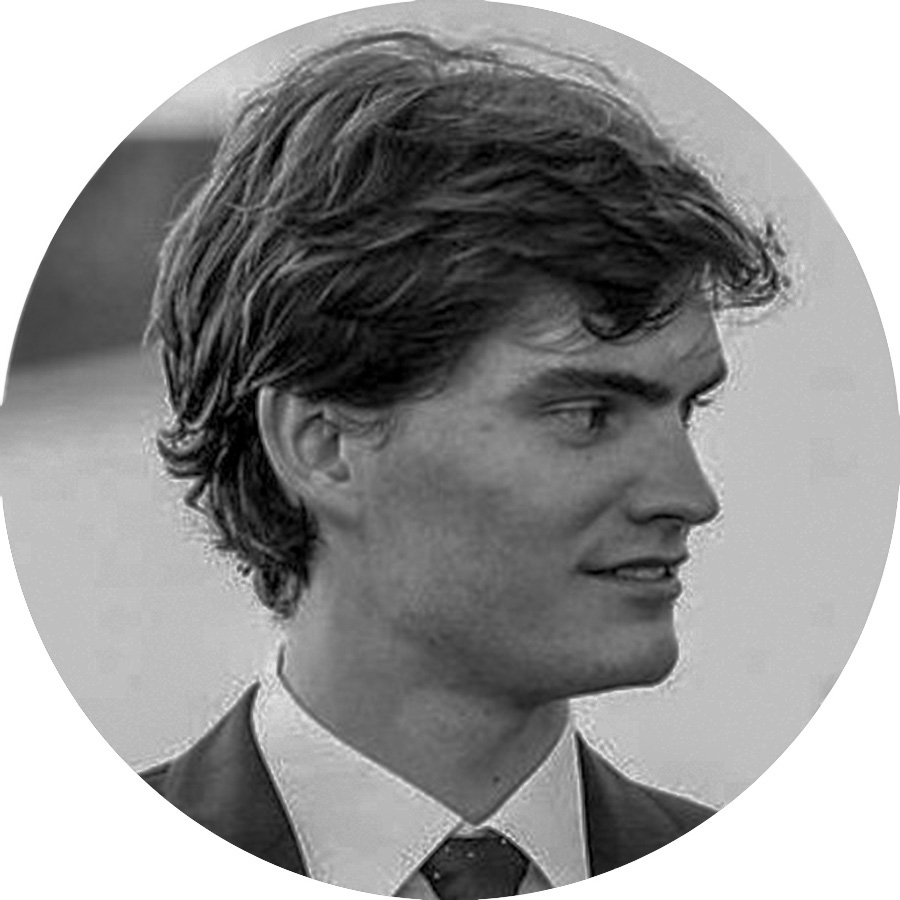
Postdoctoral Researcher, City University of London
Max Falkenberg is a complexity scientist in the Department of Mathematics at City, University of London. His work is focused on complex networks, with a specific interest in quantitative studies of polarisation in social systems. From 2017 to 2021 he completed his PhD in Physics in the Centre for Complexity Science at Imperial College London.
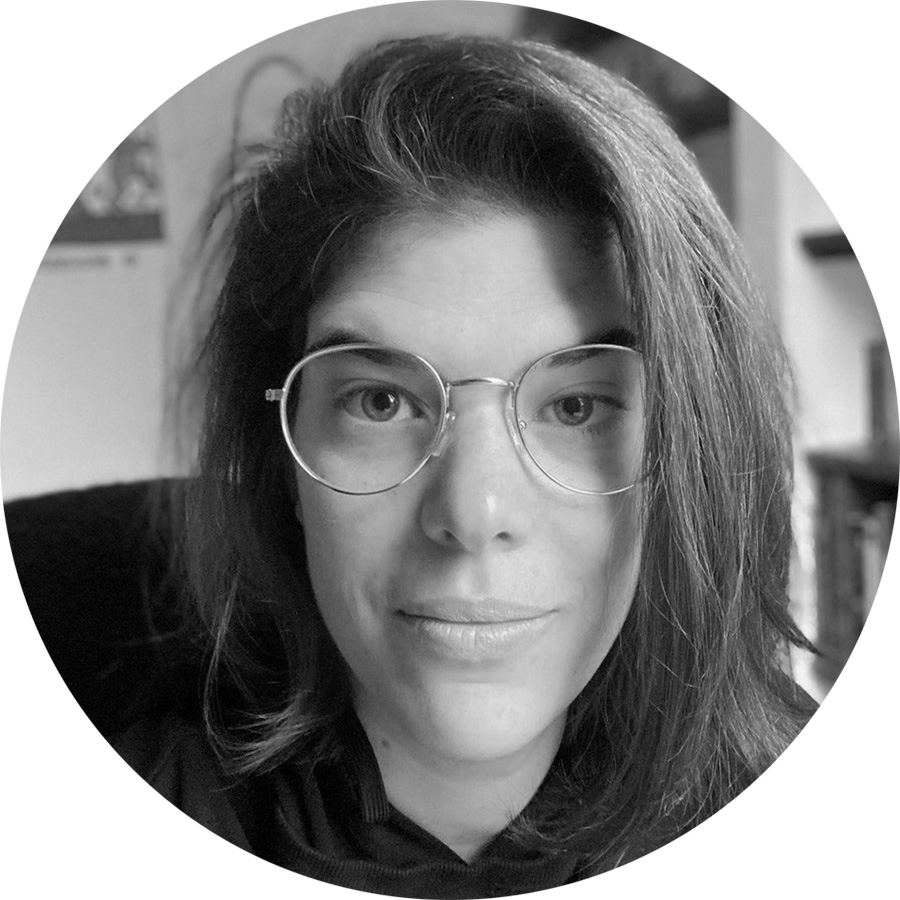
Postdoctoral Researcher, City University of London

Principal Research Scientist / Deputy Director of the Emergency Preparedness Research Evaluation & Practice Program, Harvard T.H. Chan School of Public Health
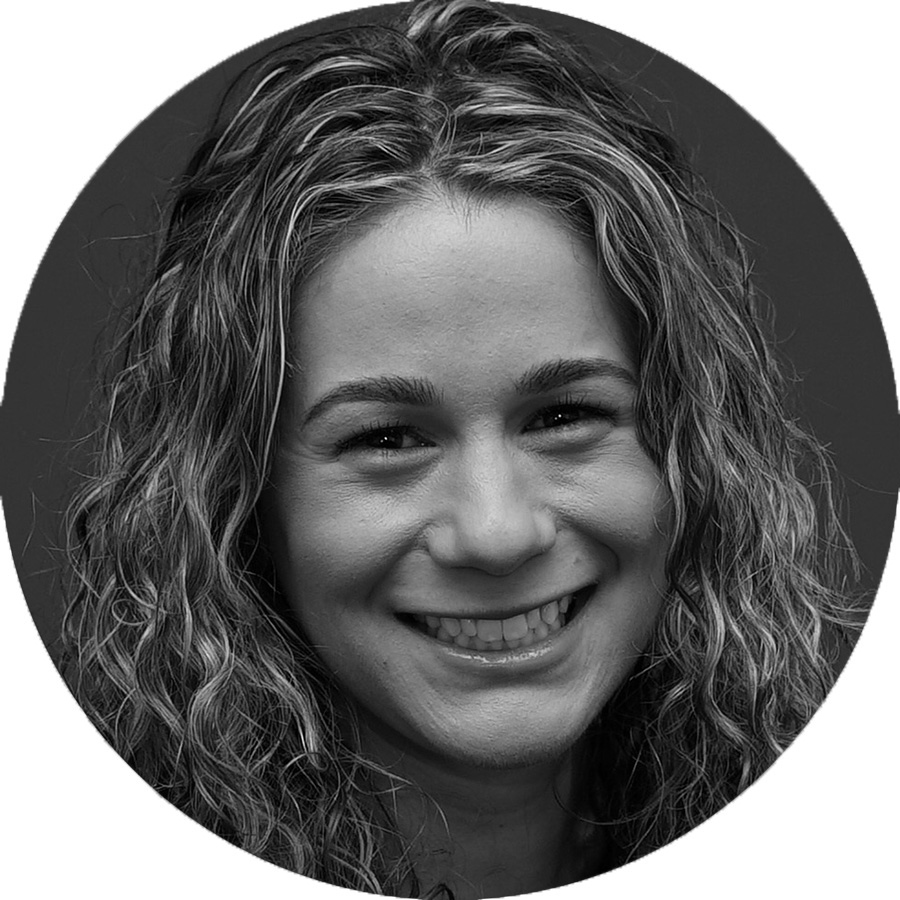
Research Associate/Project Director, Harvard T.H. Chan School of Public Health
Dr. Piltch-Loeb is a research associate at the Harvard T.H. Chan School of Public Health and a Project Director within the Emergency Preparedness Research Evaluation and Practice (EPREP) Program. She also holds an appointment at NYU’s School of Global Public Health. Her work focuses on improving risk communication in public health emergencies and methods for measuring and evaluating systems improvement especially through the development and strengthening of systems capabilities.
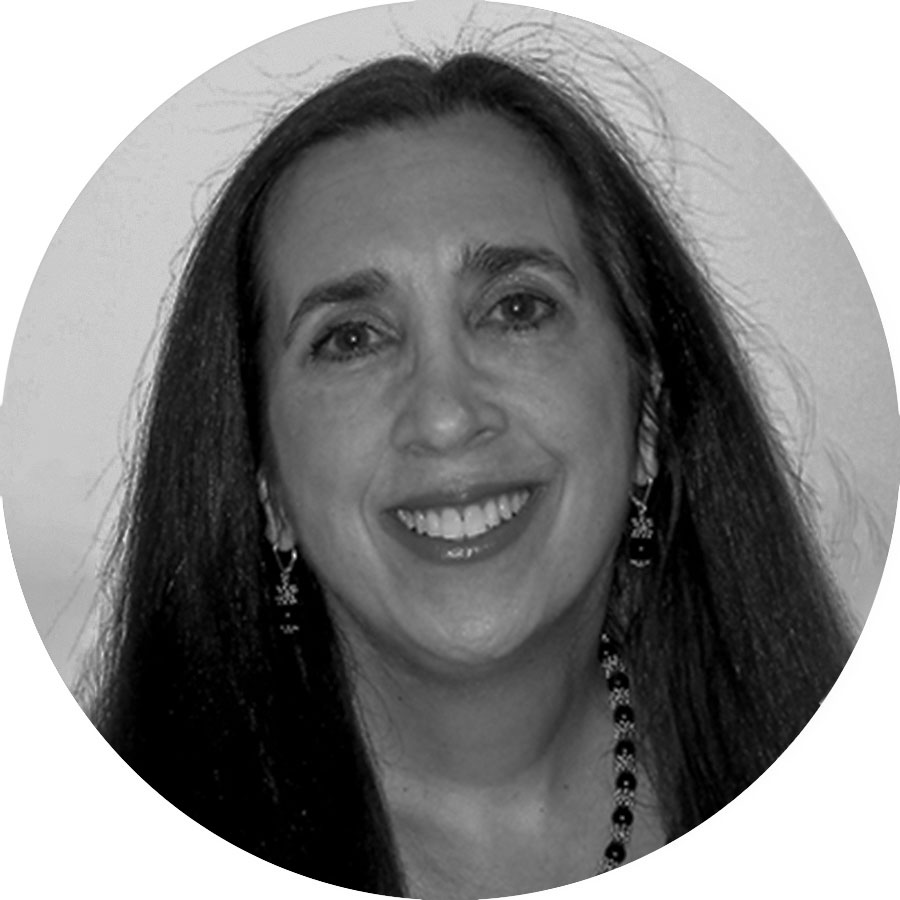
Senior Lecturer on Biostatistics, Harvard T.H. Chan School of Public Health
Dr. Testa is an experienced public health practitioner, health outcomes researcher, evaluator, biostatistician, and the current Co-Director of the Harvard T.H. Chan EPREP program, for the past 30 years, Dr. Testa has worked closely with federal, state, county, regional, and local public health, community and government authorities. She has served as the Head of the Evaluation Core for the CDC-sponsored, Harvard Academic Center for Public Health Preparedness, and led research and training activities with the CDC funded Harvard Preparedness and Emergency Response Research and Learning Centers (PERRC-PERLC) working on the development of competency-based instructional development and evaluation and leading several national committees focused on public health and emergency preparedness curriculum development, training and tools.

